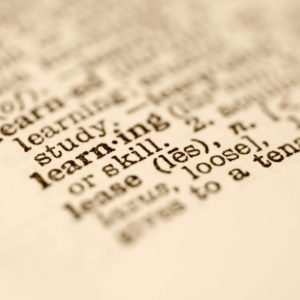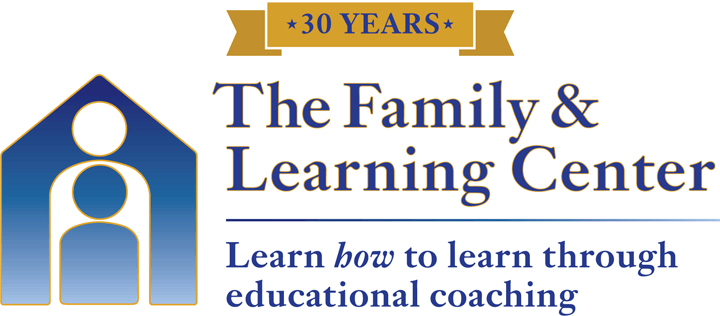Our knowledge of words shapes our connections with our environments. The limits of our vocabulary define the limits of our communication by changing what we can understand and what we can express. Some have even proposed that people in different cultures experience emotions differently based on whether they have a way of labeling a particular feeling. Since vocabulary is so powerful, we should aim to help students build up word knowledge on a daily basis with vocabulary development.

During the school year, students often receive specific word instruction and develop word-learning strategies. They might learn to connect with new words by sketching visual representations, using the words to describe their own experiences, analyzing word parts, or creating semantic maps of information about new words. All of these activities help them link the new vocabulary to what they already know, which leads to easier recall and independent application.
Summer break can also be a fruitful time of vocabulary development because most vocabulary emerges indirectly through repeated exposures to words in conversation and reading. For students who are not yet comfortable reading books on their grade level, listening to parents read or following along with audiobooks can be a beneficial part of their summer routine.
When students listen to stories at their grade level, their vocabulary expands. Adults can pause briefly during read-alouds to explain new words and give other examples of their use. The most useful words can then be incorporated into conversations in the following days.
By the end of the summer, students will return to school with the confidence to understand content on their grade level and express themselves precisely.
